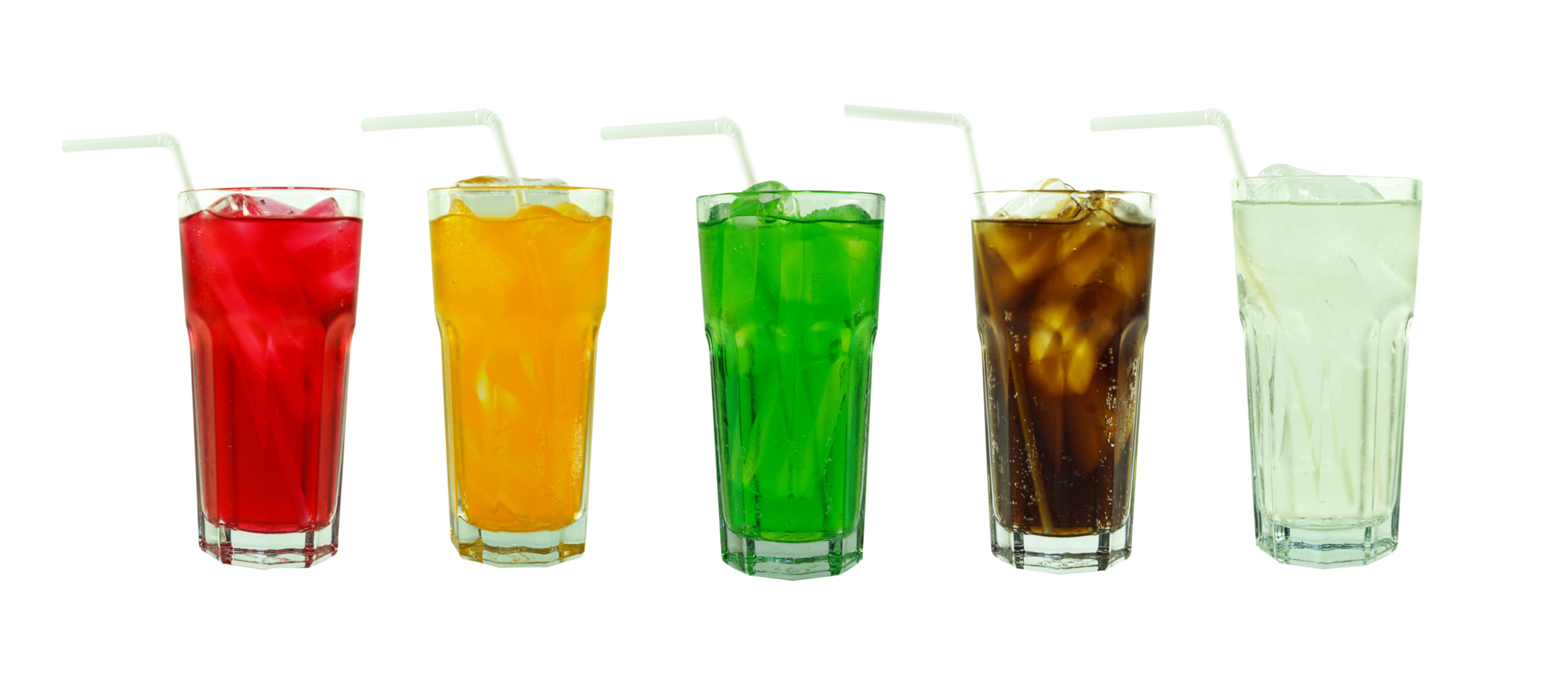Sugar-sweetened beverages are one of the largest sources of added sugars in North America (Western Diet). Consumption of sugary drinks has been shown to be associated with an increased risk of developing obesity, weight gain, type 2 diabetes, tooth decay, cavities, gout, non-alcoholic liver disease, heart disease, kidney disease, and cardiovascular disease: CVD is the world’s leading cause of death.
“The marketing strategies for these drinks often show active people drinking these beverages. It suggests that sugary drink consumption has no negative effects on health if you’re physically active. Our research aimed to assess this hypothesis,” says Jean-Philippe Drouin-Chartier, professor at Université Laval’s Faculty of Pharmacy, who is a co-author of this study.
This study involved two cohorts that totaled around 100,000 adults who were followed for about 30 years. The analysis showed that those who drank sugar-sweetened beverages more than twice a week had a higher risk of CVD regardless of their physical activity levels.
According to the researchers, the recommended 150 minutes of weekly physical activity was not enough to fully counter the adverse effects of sugary beverage intake.
“Physical activity reduces the risk of cardiovascular disease associated with sugar-sweetened beverages by half, but it does not fully eliminate it,” says Drouin-Chartier.
Sugar-sweetened drinks are not just pop/soda/fountain drinks; they include all sugar-sweetened drinks such as soft and carbonated drinks with or without caffeine, lemonade, fruit cocktails, and energy drinks among others. This study investigated the consumption of sugar-sweetened beverages at the frequency of twice a week. However, this frequency is relatively low, but even at this rate it is still significantly associated with CVD. The more the frequency increases so does the risk, daily consumption drastically increases the risk of cardiovascular disease.
“But the best drink option remains water,” explains Drouin-Chartier.”
“Our findings provide further support for public health recommendations and policies to limit people’s intake of sugar-sweetened beverages, as well as to encourage people to meet and maintain adequate physical activity levels,” added lead author Lorena Pacheco, a research scientist in the Department of Nutrition at Harvard Chan School.
As with anything you read on the internet, this article should not be construed as medical advice; please talk to your doctor or primary care provider before changing your wellness routine. This article is not intended to provide a medical diagnosis, recommendation, treatment, or endorsement. These statements have not been evaluated by the Food and Drug Administration.
Content may be edited for style and length.
References/Sources/Materials provided by:
http://dx.doi.org/10.1016/j.ajcnut.2024.01.001
https://www.cdc.gov/nutrition/data-statistics/sugar-sweetened-beverages-intake..




